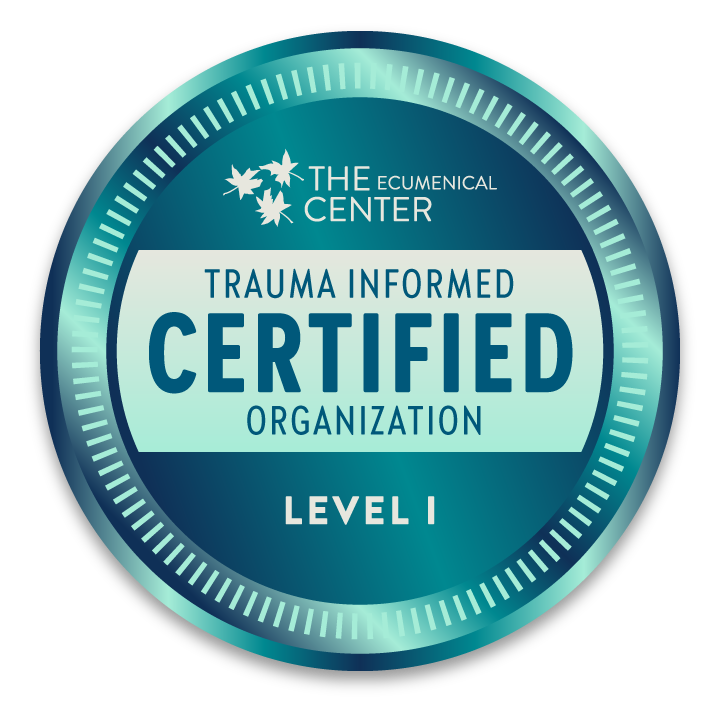You love your child—there’s no question about that.
You love your child—there’s no question about that. But lately, parenting has felt less like a calling and more like an uphill battle. You’re exhausted, irritable, and maybe even questioning whether you were ever cut out for this.
Here’s what some parents have shared:
“I have been struggling to attach to my eleven-year-old adopted daughter for three years now. I wake up each day hoping this will be the day we turn a corner. But I have just recently admitted to myself that I really don’t like her most of the time. To make things worse, it was love and attachment at first sight with her thirteen-year-old brother. I continually beat myself up for being such a terrible person . . . who doesn’t like their own child?”
“I am really struggling to find positive feelings for this child. I know he needs my love and care, and I think we are caring for him well and providing much-needed stability. But I do not like him. I’m embarrassed to even type it. He annoys me, whines constantly, and wakes multiple times a night.”
“I am praying for his reunification—not for his positive future, but to get him out of my house!”
“My son is six and has been with us for only seven months. But I am at a low feeling of guilt and discouragement because I do not love him like my two bio kids. It is so awful to say, but he irritates me constantly. I feel like my blood pressure must be going through the roof because even when my words are patient, and I have a smile on my face, I am about to bubble over. . . . Mostly I wonder, though, will it get better? I used to be so happy and at peace with my family. I used to be so happy with myself as a mother. I want that back.”
I want you to hear this loud and clear: You are not alone, and there is nothing wrong with you.
If parenting feels more draining than fulfilling, you might be experiencing blocked care.
What is Blocked Care?
Blocked care is a self-protective mechanism in the nervous system activated by excessive stress. This suppresses the higher brain functions needed for caregiving, causing your nervous system to develop a defensive stance toward your child. You are still providing good care to your child, but your heart seems to have left the relationship.” [1]Blocked care happens when your nervous system gets stuck in survival mode from chronic stress. Parenting kids with trauma histories or extra needs can mean constant unpredictability, big behaviors, and high emotional demands. Over time, your body tries to protect you by shutting down your ability to connect.
You’re not choosing this, and you’re not a bad person. Your brain is doing it for you without your permission.
When we get stuck in blocked care, we may still be meeting our child’s physical needs—meals, baths, bedtime routines—but the warmth and enjoyment of parenting fade away. Instead of feeling engaged, we just feel… done.
You may be experiencing blocked care if:
- You are caught up in coping with behaviors to be curious about the meaning behind it.
- You feel defensive and guard yourself from rejection.
- You feel burned out, chronically overwhelmed, and fatigued.
- You feel resentment toward one or more of your children or your situation as a whole.
- You feel irritable with other family and friends.
- You isolate yourself.
- You become cynical about helpful ideas.
- You feel you’ve lost compassion, which leads to shame.
- You experience a crisis of faith or challenge of a personal belief system.
- You don’t feel real pleasure in parenting.
But there is good news. You can overcome blocked care and reclaim compassion.
Start with This Simple Practice
Here’s the truth: When you’re in blocked care, the idea of deepening your connection with your child can feel impossible. First, you need to create more margin for compassion in your nervous system. Starting small is essential.
The most popular simple practice in my book, Reclaim Compassion (co-authored with Lisa C. Qualls), is Points of Joy. It is the simplest and most powerful practice you can use to begin shifting out of blocked care.
Start by making a list of things that bring you joy.
Some examples from my list are:
- A cold can of sparkling water.
- Crunchy bacon.
- Hot, herbal tea.
- Clean sheets.
- Sunshine on my face.
We encourage parents to build their list up to at least fifty.
Even if you don’t have fifty, start intentionally adding or noticing at least seven Points of Joy each day. Feel free to check off the same item more than once in a day. For instance, you might drink multiple mugs of your favorite coffee each day. Basically, if it brings you joy, it counts!
Here’s what parents tell us after starting Points of Joy:
“Taking the time to notice the points of joy that I have gotten in a day really helps to keep me from spiraling into frustration and helplessness about how challenging our family’s life may be in a particular season. Then seeking to add additional points of joy reminds me that I still have power over our chaotic life.”
“Points of Joy helps me remember there is a me!!! Even in the smallest things it’s a reminder that I matter too!”
“Identifying points of joy has proven to give me a new ‘go to’ plan on the hardest, most chaotic days. I remember now that I can chew gum, smell candles at the grocery store, or take a slow walk outside anytime to help me care for my nervous system.”
When you practice Points of Joy, you’re retraining your brain to notice what’s good instead of just what’s hard. Your nervous system starts recognizing that safety and connection are still possible. Over time, these tiny moments build up and make space for reconnection.
Don’t wait. Let’s get started. What brings you joy?
About the Author

Melissa Corkum is a sought-after speaker and author specializing in blocked care and strategies to overcome burnout and chronic stress. A TEDx speaker, co-author of Reclaim Compassion, an adoptee, and adoptive mom, she brings a blend of lived experience and expertise to her work. She is the CEO and founder of RISE to Regulation and co-founder of Adoption Wise. Offstage, Melissa enjoys social dancing and savoring the half-popped kernels at the bottom of the popcorn bowl.
For more resources on regulating your nervous system and overcoming blocked care, visit www.risetoregulation.com.













